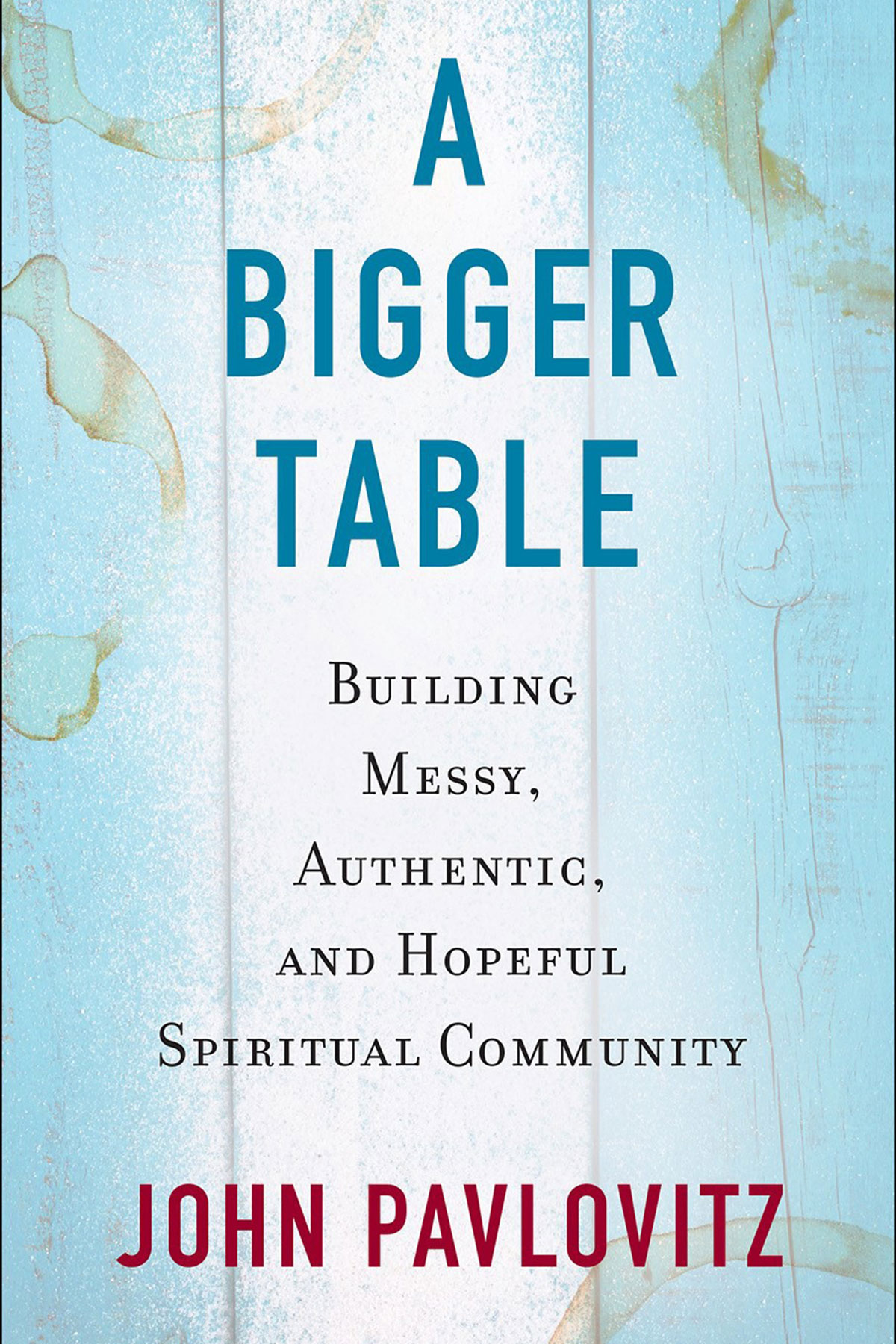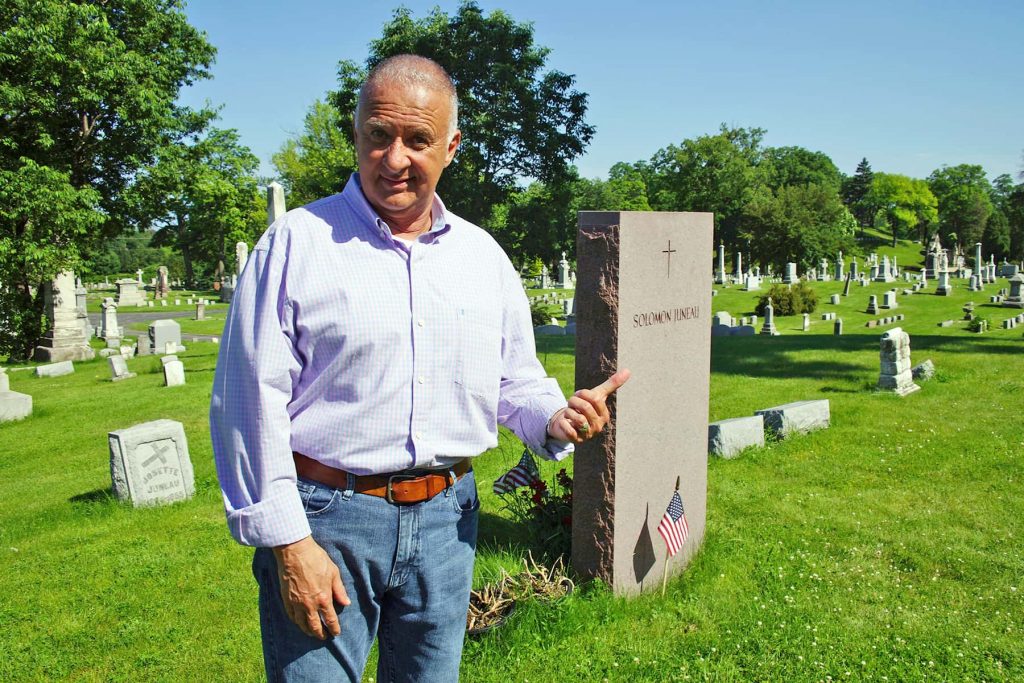
“I still seek a Church that is not the least but the most diverse place on the planet. I still dream that the life of Christ can be fully incarnated in the people who bear his name. I want this faith to produce something more redemptive than choosing sides and building silos and pointing fingers. I want it to generate hope and yield goodness and produce mercy in ways that defy description and explanation and denying.” – John Pavlovitz
While the city considers what’s “On the Table” in the upcoming community event promoted by the Greater Milwaukee Foundation, author John Pavlovitz released his new book A Bigger Table: Building Messy, Authentic, and Hopeful Spiritual Community on October 6 that offers a faith-based roadmap for overcoming local social barriers.
The books premise is that no one likes to eat alone, or to approach a table filled with people, only to be told that despite the open chairs there isn’t room for you. The rejection stings. It leaves a mark. Yet this is exactly what the church has been saying to far too many people for far too long: You’re not welcome here. Find someplace else to sit. How can we extend unconditional welcome and acceptance in a world increasingly marked by bigotry, fear, and exclusion?
Pastor John Pavlovitz invites readers to join him on the journey to find or build a church that is big enough for everyone in the community, and by extension expand its impact on the community it serves. He speaks clearly into the heart of the issues the Christian community has been earnestly wrestling with: LGBT inclusion, gender equality, racial tensions, and global concerns.
“This book is about humanity, about the one flawed family that we belong to and the singular, odd, staggeringly beautiful story we all share. It’s about trying to excavate those priceless truths from beneath the layers of far less important things that we’ve pile on top of them since we’ve been here. It’s about jettisoning everything in and around us that would shrink our tables,” writes Pavlovitz.
Pavlovitz reached his tipping point at the culmination of last year’s presidential election. He compares the confines of the American Church to the Church that was initially established in the Book of Acts and finds a huge disconnect especially because the election highlighted such a divide in the American church. It is in this disconnect that he questions all the tenets of his faith, his idea of God, what does it mean to really love as Christ commanded us, and the internal conflict of preaching one thing and living another.
While likely intended to be a book about mercy and grace, it is really about loving people as they are and leaving them that way “because we are full image bearers of God and beloved as we are, without alteration.”
Pavlovitz shares moving personal stories and his careful observations as a pastor to set the table for a new, more loving conversation on these and other important matters of faith. He asks if organized Christianity can find a new way of faithfully continuing the work Jesus began two thousand years ago, where everyone gets a seat. Readers are invited to build the bigger table Jesus imagined, practicing radical hospitality, total authenticity, messy diversity, and agenda-free community.
This book challenges what has become conventional thinking around the church. Some tough questions that he addresses are: Why are LGBTQ individuals automatically excluded from the Christian community? Black people? Poor people? Aren’t they people just like the rest of us? Why are churches so segregated? What biases do we have that prevent us from reaching out to the least of theses? Are we putting principles over people?
“A Bigger Table” is not only trying to set a political agenda but it is really mind-expanding. Anyone on any side of the fence or stage of their faith journey will be able to read this book and wonder about ways that they need to be more loving, more inclusive, and more like Jesus — without feeling as though they are being preached to.
Aside from the obvious disappointment conveyed by Pavlovitz at the outset over Trump’s election, this is not a book out to change minds based on who people voted for. This is a book out to change minds, period. Everyone, in their own way, is working towards the level of radical life in practice that Jesus taught.
His message is designed to inspire individuals to evaluate their own personal transformation, no matter how messy that process of becoming might be.
















